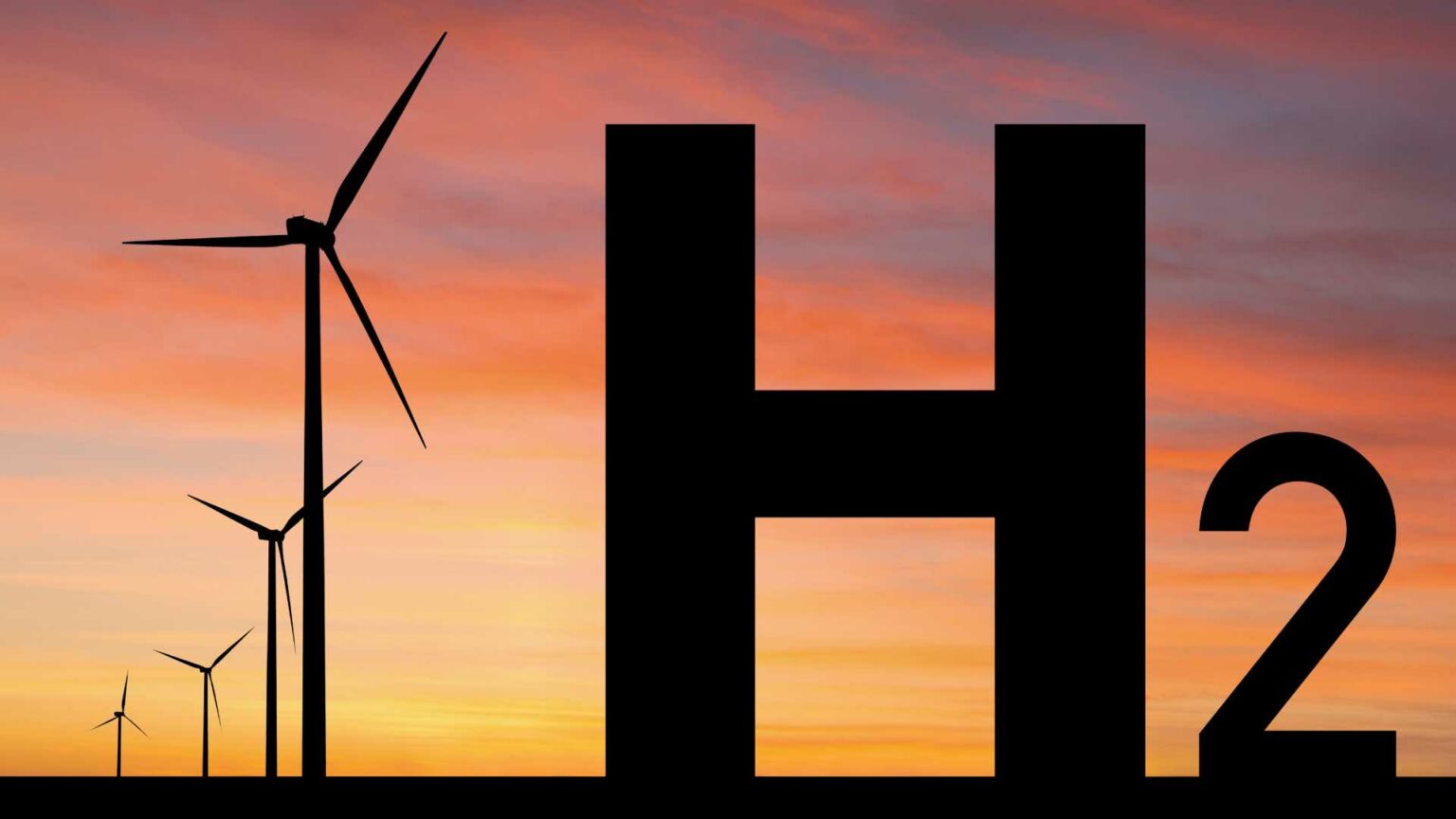World Energy GH2, an affiliate of renewable fuels producer World Energy, has announced a minimum one-year delay in one of Canada’s pioneering wind-powered green hydrogen production projects.
The setback, attributed to the need for additional time by European customers to develop necessary infrastructure for handling hydrogen, underscores the challenges faced by companies aiming to transition to green hydrogen.
The delay has repercussions for the non-binding agreement between Canada and Germany signed in 2022. Initially set to commence green hydrogen shipments from Canada to Germany in 2025, this timeline is now deferred to 2027. Buyers intending to pre-purchase hydrogen products are not expected to be ready to accept deliveries until 2027, according to Leet.
To initiate green hydrogen production around late 2026, World Energy GH2 faces regulatory approval from Newfoundland’s environmental department. Additionally, strong pre-purchase interest is deemed crucial before production can commence.
Leet emphasized that buyer commitments hinge on the Canadian government finalizing details of an up to 40% tax credit on the capital costs of constructing hydrogen plants. This financial incentive plays a pivotal role in driving private-sector participation in green hydrogen ventures.
Canada’s Atlantic provinces, particularly Newfoundland and Labrador and Nova Scotia, are emerging as hotspots for hydrogen projects due to the abundant wind resources. World Energy GH2 plans to capitalize on this by constructing three onshore wind farms in Newfoundland, aiming to power an ambitious 250,000 metric tons of hydrogen production annually, with an estimated total cost of $12 billion.
In navigating these challenges, World Energy GH2’s wind-hydrogen project exemplifies the intricate path toward realizing large-scale green hydrogen initiatives, highlighting the need for collaborative efforts, regulatory support, and financial incentives.





